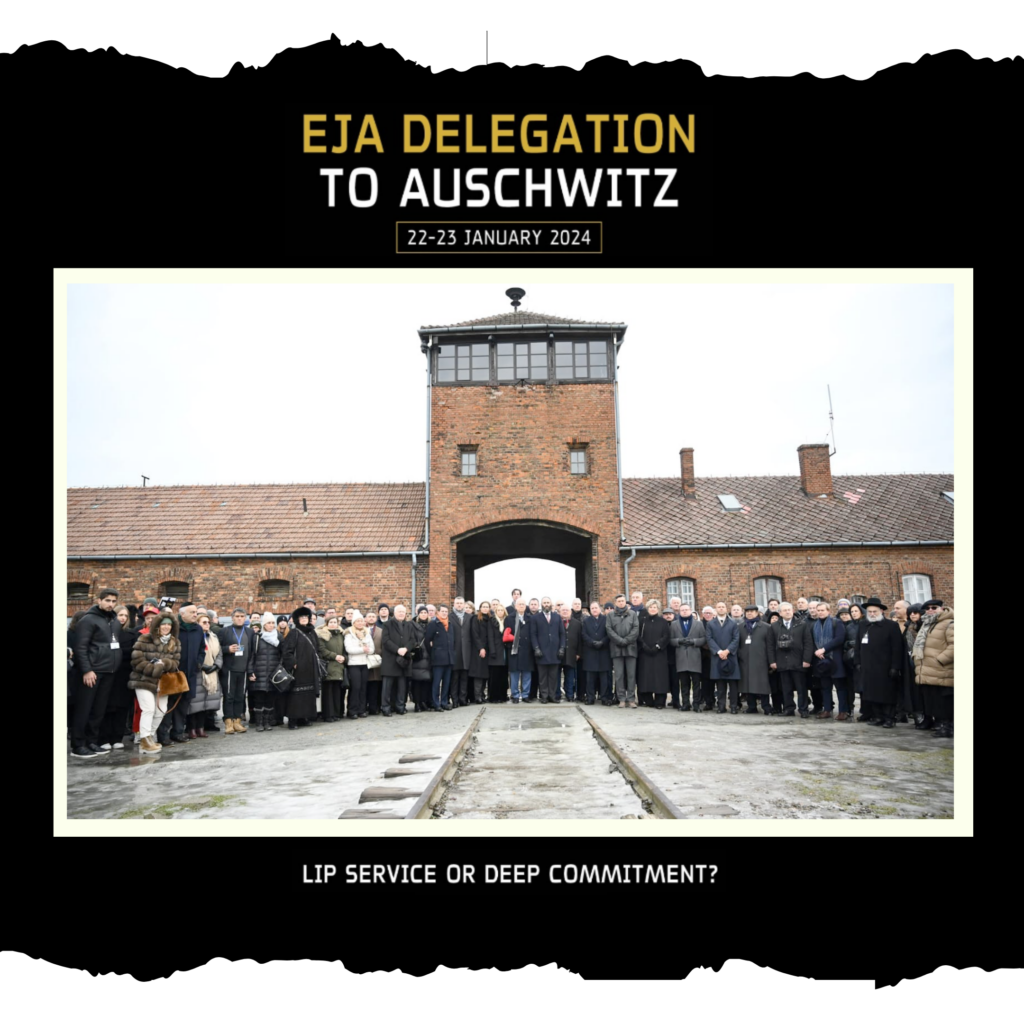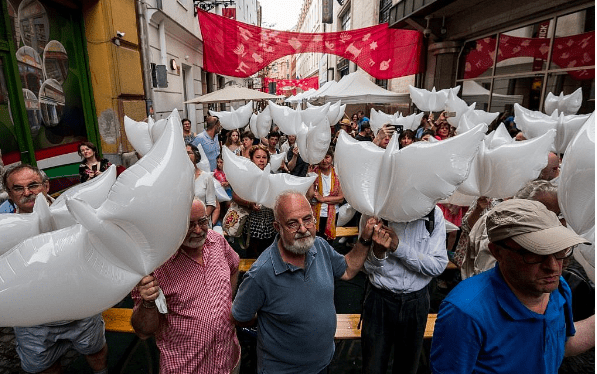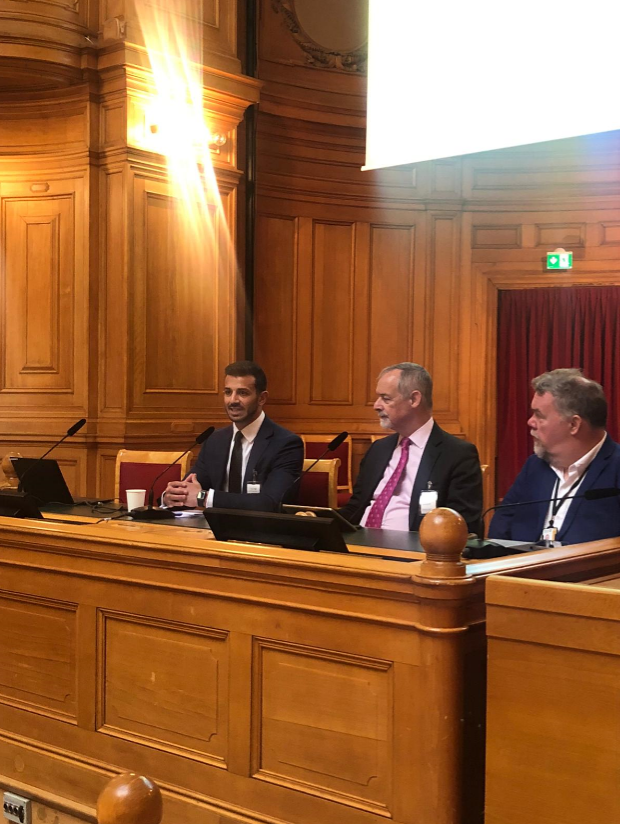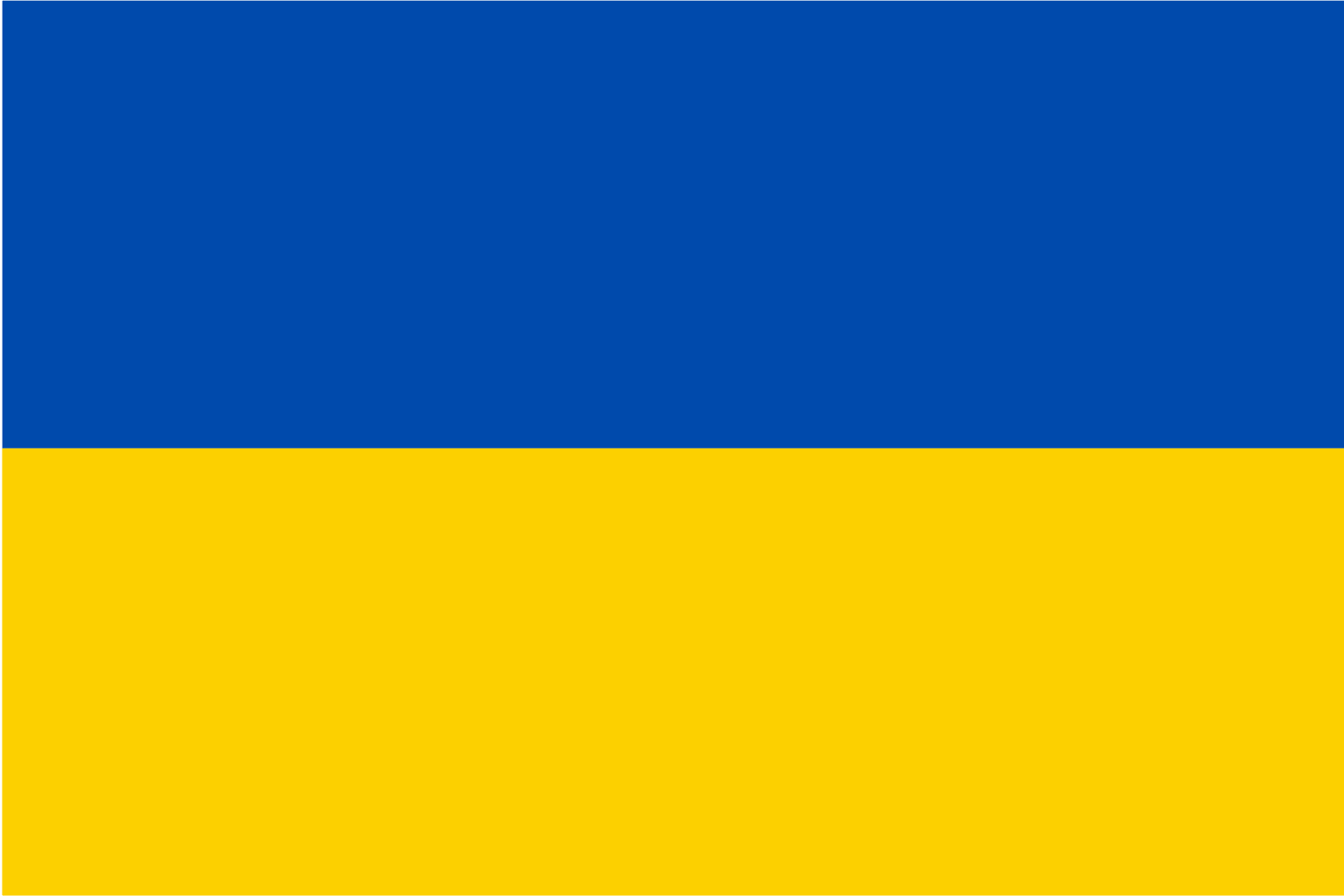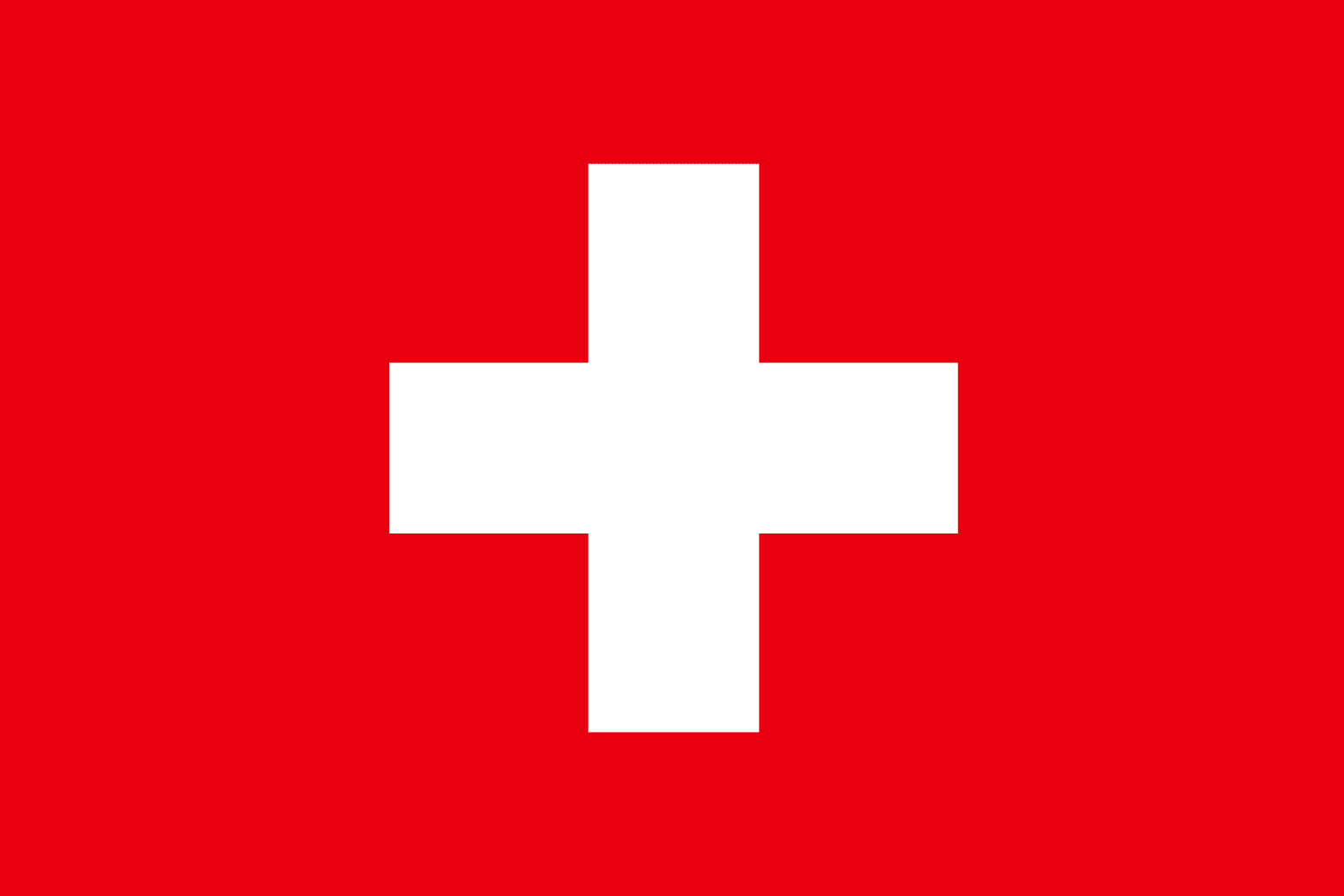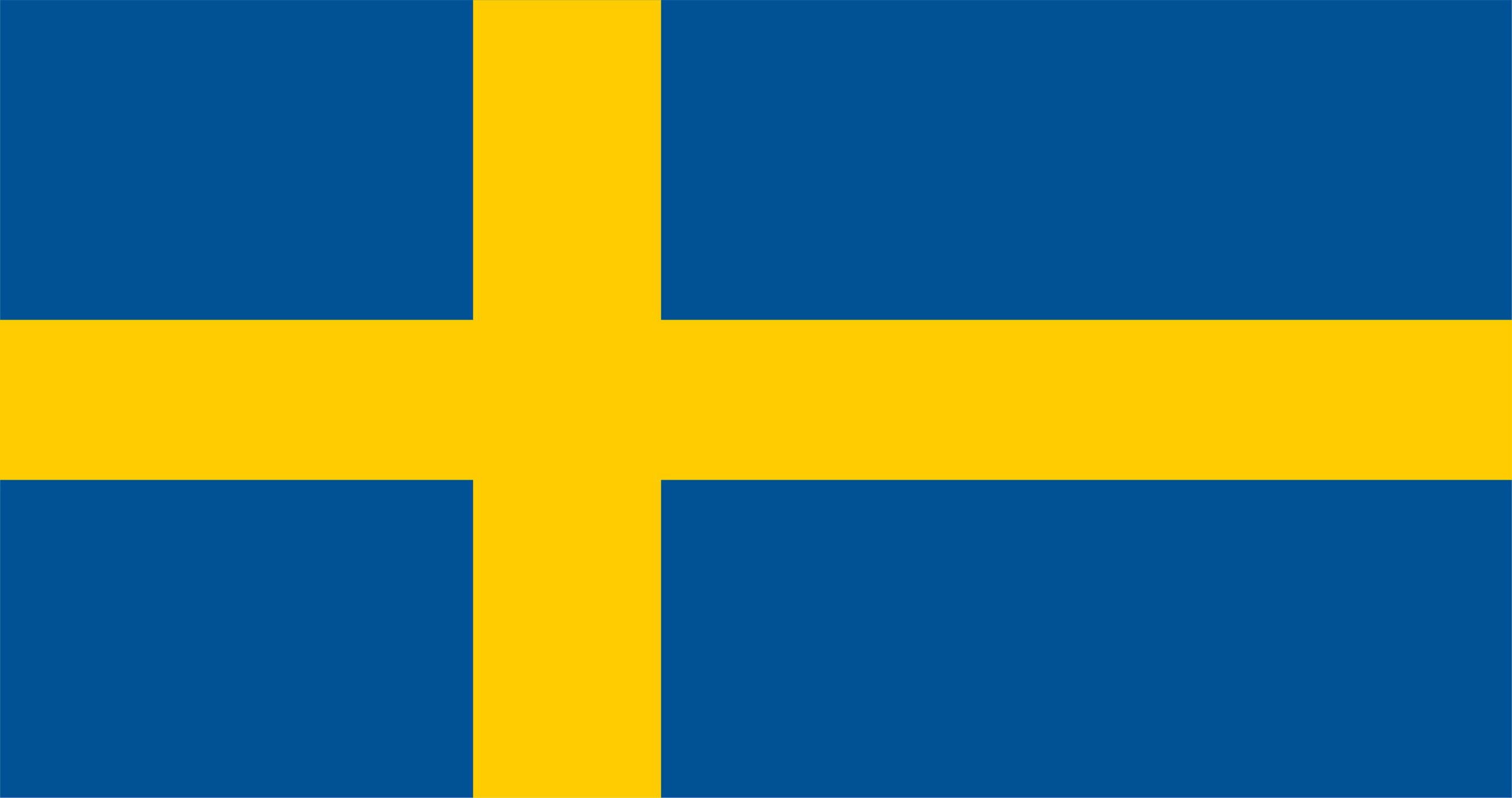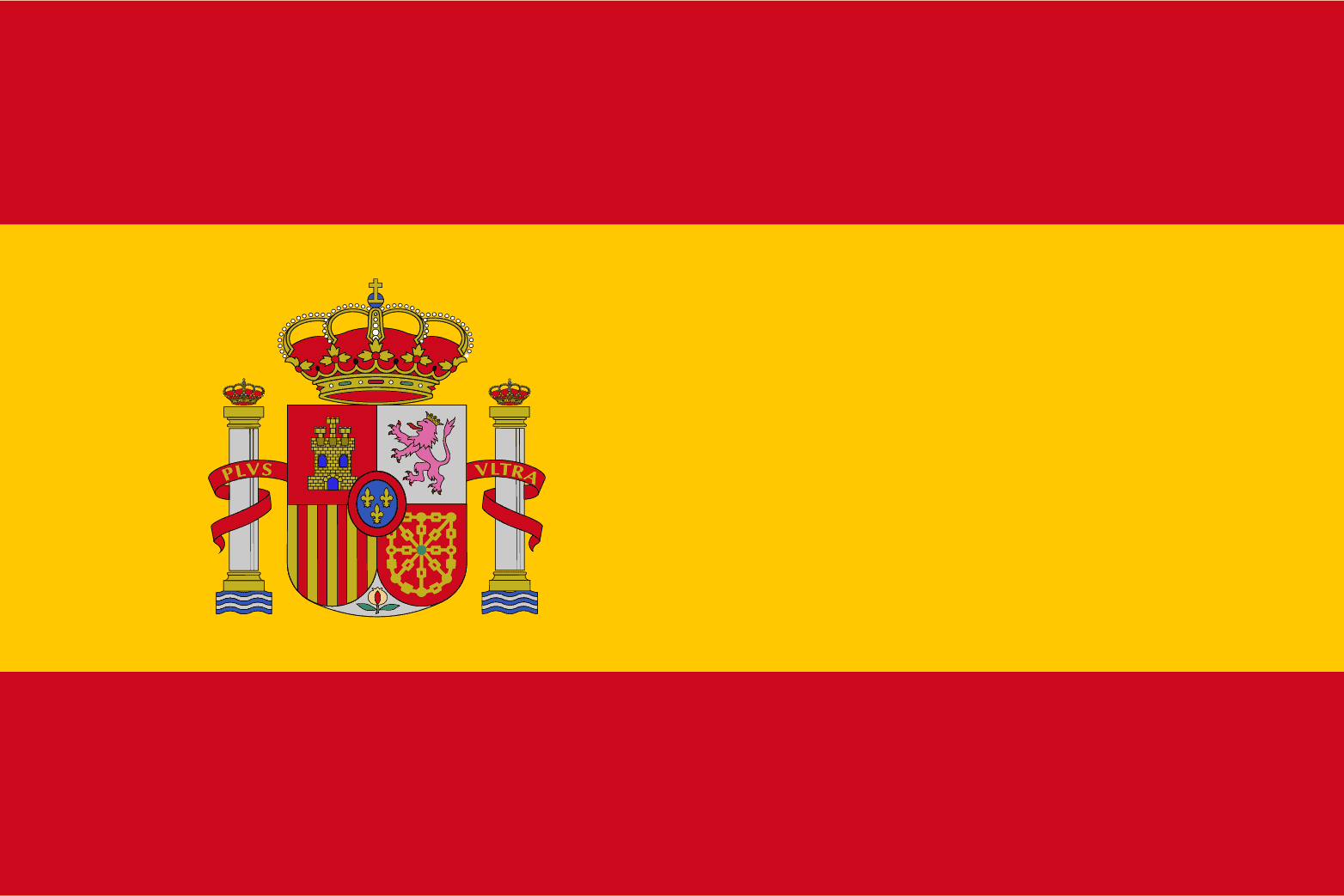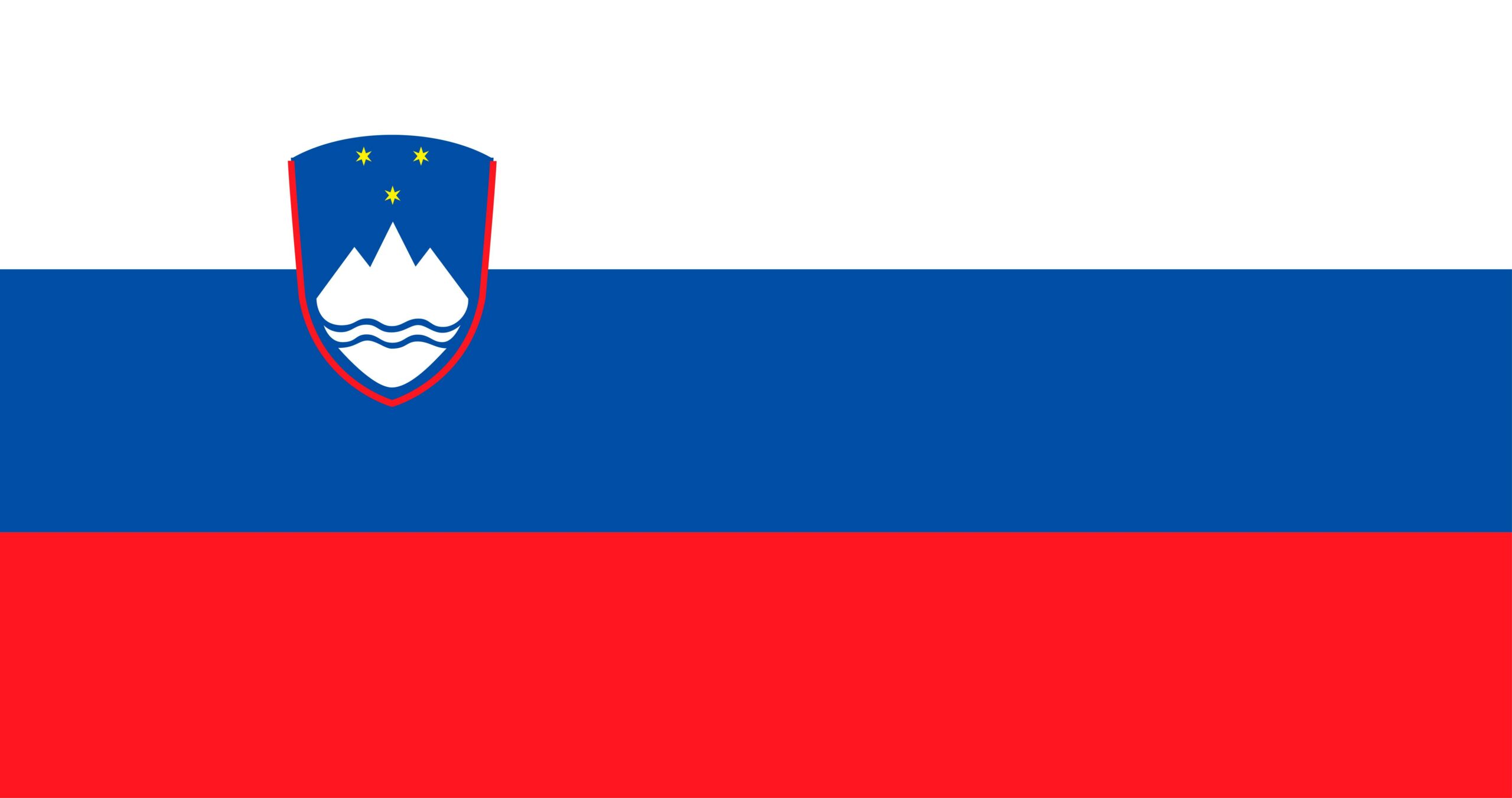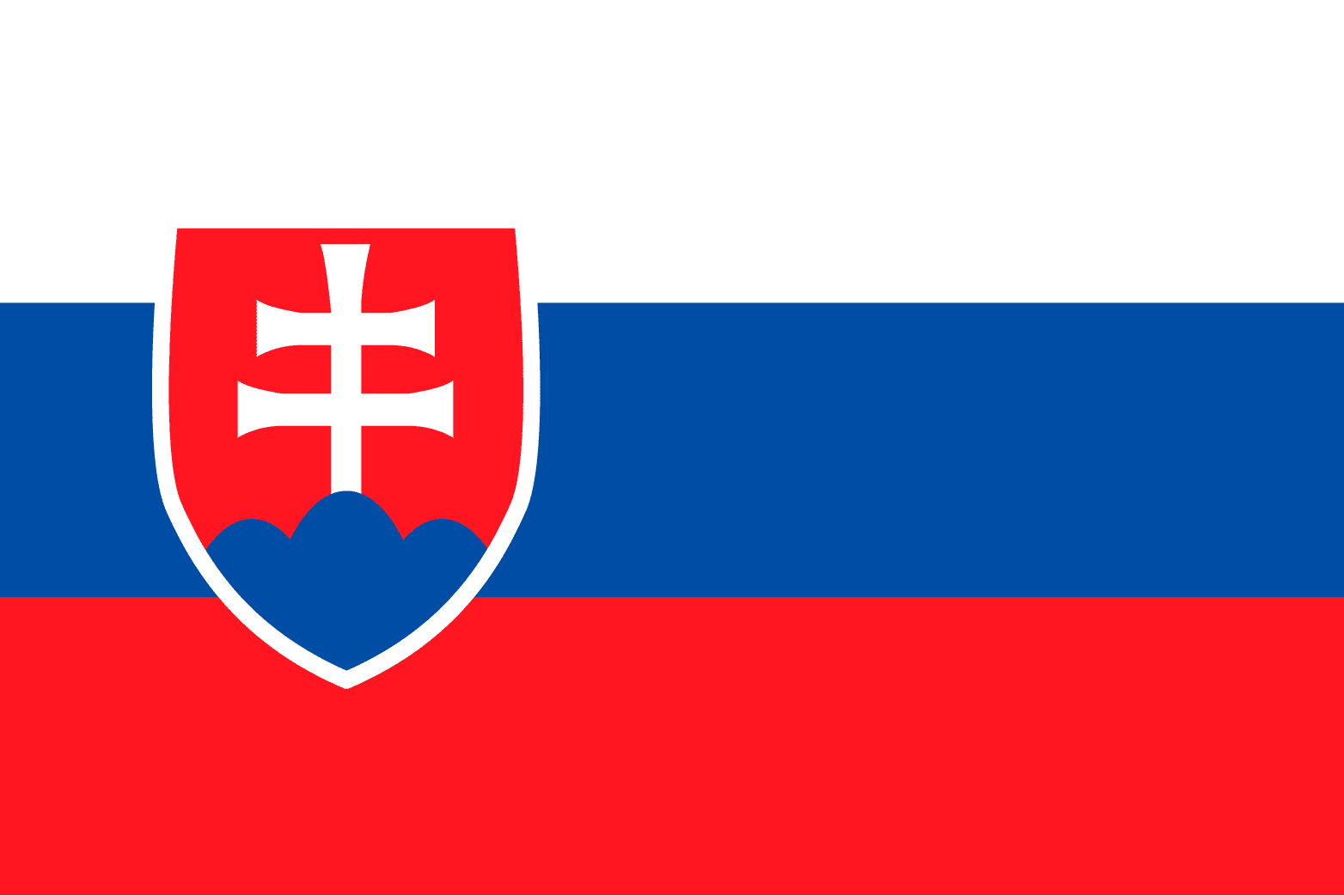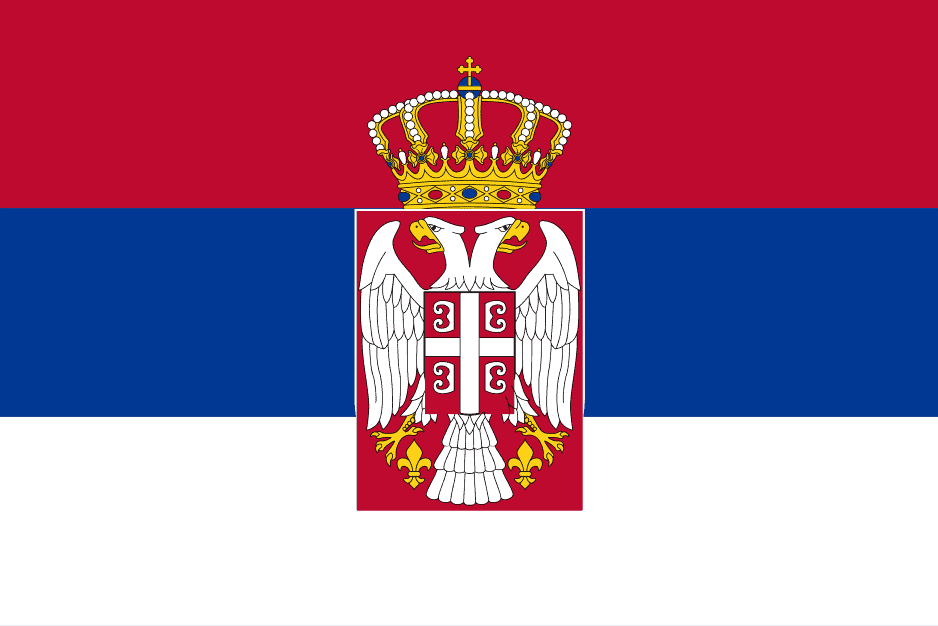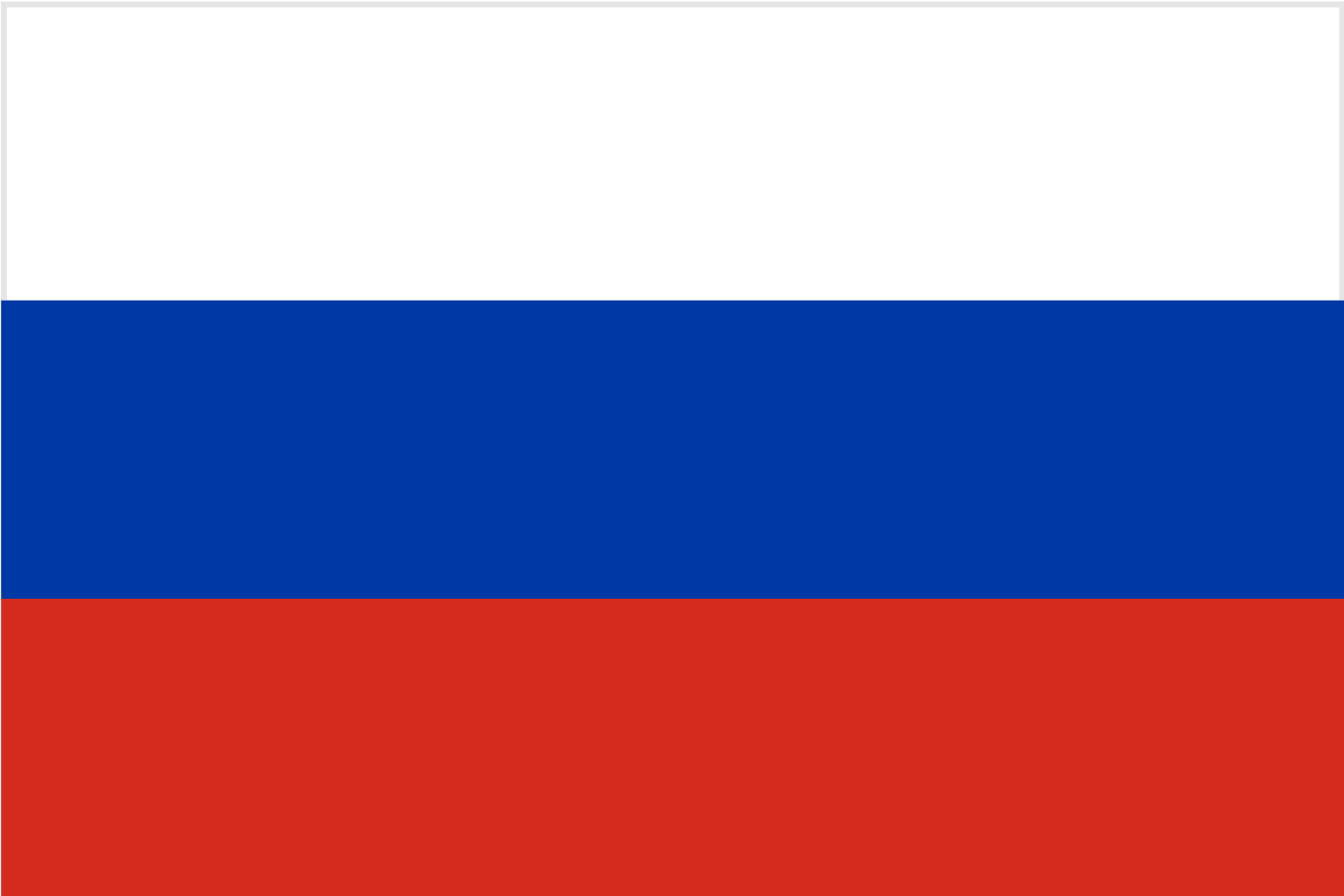In a significant collaborative effort, United Against Nuclear Iran (UANI) and The European Jewish Association joined forces to host a pivotal event within the esteemed halls of the Sveriges Riksdag in Stockholm. This event served as a platform to unveil the findings of UANI’s extensive investigation into the Iranian regime’s infiltration within Sweden.
Attendees gathered with a shared commitment to shed light on the presence and activities of the Iranian regime within Swedish borders. The event brought together influential figures from diplomatic circles, government officials, advocacy groups, and concerned citizens, all united in their determination to address this pressing issue.
Throughout the event, speakers highlighted the alarming implications of the Iranian regime’s infiltration, emphasising the need for vigilance and coordinated action. They underscored the importance of raising awareness and implementing strategies to counter such interference, safeguarding Sweden’s sovereignty and security.
With the spotlight firmly on the findings of UANI’s investigation, attendees gained valuable insights into the extent and methods of the Iranian regime’s presence in Sweden. This comprehensive analysis provided a crucial foundation for informed discourse and strategic planning moving forward.
As the event concluded, participants departed with a renewed sense of purpose and resolve. Armed with knowledge and collaboration, they stood ready to confront the challenges posed by the Iranian regime’s infiltration, safeguarding Sweden’s interests and upholding the principles of democracy, security, and sovereignty.


